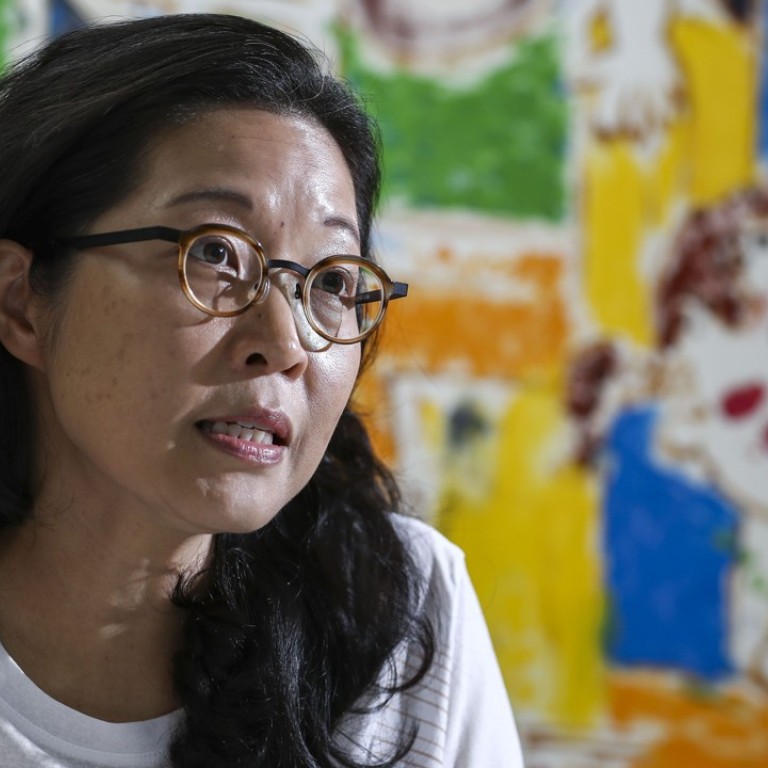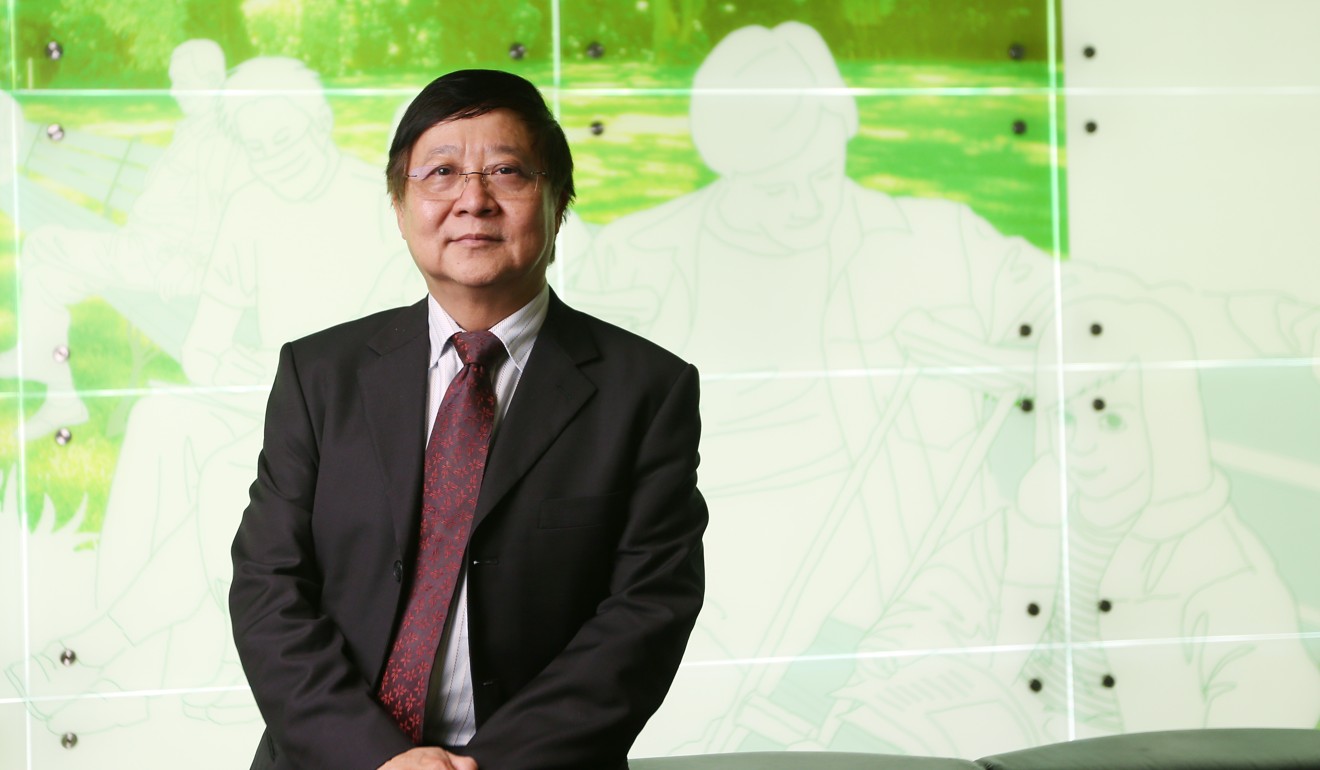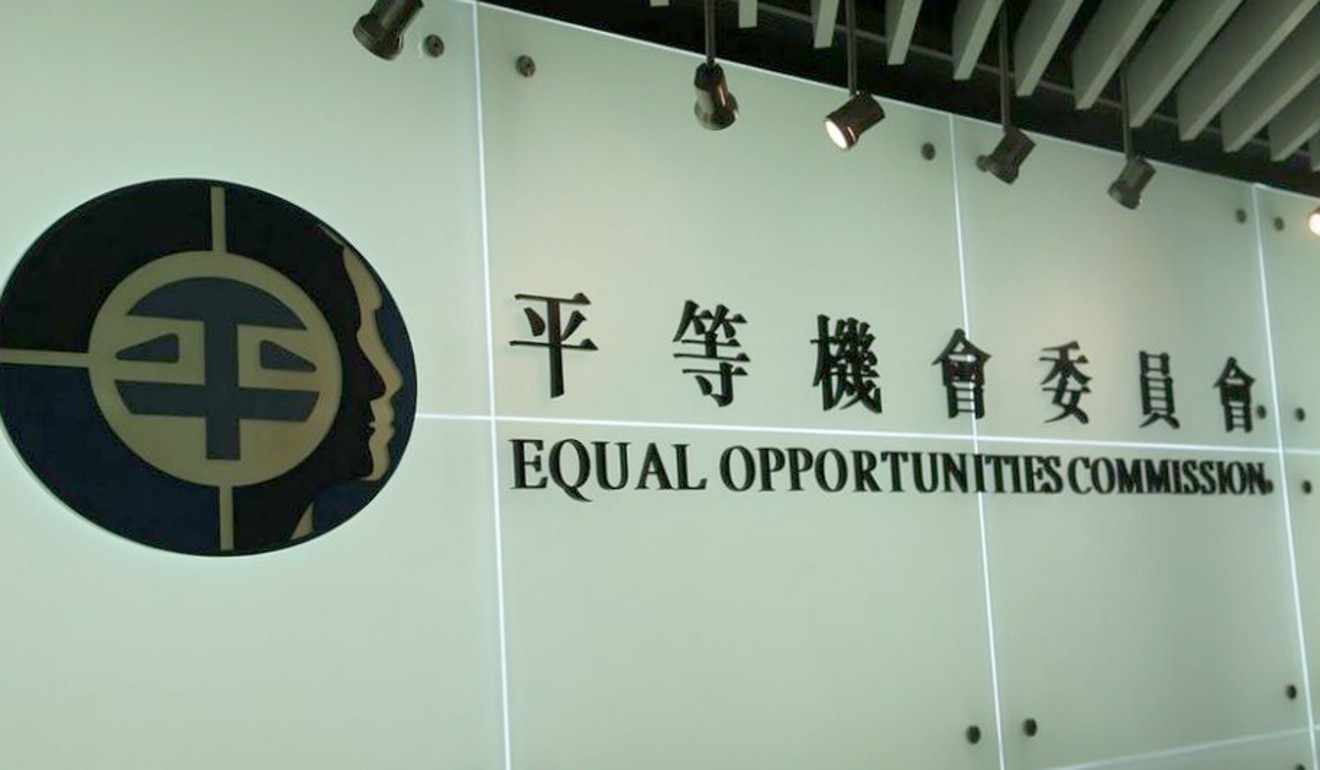
Next chair of Hong Kong’s Equal Opportunities Commission ‘needs to assert independence’
Minorities’ group says body has not fought hard enough for racial equality in the city, as government searches for successor to Alfred Chan
The next person to helm Hong Kong’s equalities watchdog needs to assert its independence and fight for equal rights in the city, a minorities’ campaign group has said.
Its leader said the Equal Opportunities Commission (EOC) had of late been “toothless”.
The government on Friday began its search for someone to succeed incumbent EOC chairman Alfred Chan Cheung-ming, whose term was expected to end in April.
The advertisement for the post, which set out requirements for potential candidates, was published in newspapers on Friday.
Unison, a charity which campaigns for ethnic minority rights, said the EOC had not pursued racial discrimination cases as vigorously as it should have. It said: “Although selected by government officials and appointed by the chief executive, Unison hopes that the next chairperson can maintain the independence of the EOC.”

Its executive director, Phyllis Cheung Fung-mei, said although the public had no say on the selection process of the rights watchdog’s leader, “hopefully when he or she becomes EOC chair, he or she could exercise independence and not really follow what the government wants them to do”.
The group said the selection of the next EOC chair should comply with the Paris Principles – under which a national human rights institution should be independent from the government – “to signal the government’s commitment to the EOC’s role as an independent body”.
Cheung said the EOC was “toothless”.
“They actually have the power but they don’t use it. The last time they did a formal investigation was almost 10 years now or more,” she said.
The EOC most recently gave legal help to a woman in a sexual harassment case on September 3 this year, a spokesman said.
Asked about Chan’s performance, Cheung said: “In terms of racial discrimination, there has not been much progress.”
“We have filed complaints on hate speech and this EOC could not really offer any help at all. The EOC has closed them all, saying they could not investigate them any more as there’s no way they could follow up because they could not track down the perpetrators as most of our cases were on Facebook,” Cheung said.

On Wednesday, Chief Executive Carrie Lam Cheng Yuet-ngor said the government hoped to take the Discrimination Legislation (Miscellaneous Amendments) Bill into the Legislative Council by the end of this year, to take forward eight recommendations of priority, including those for amending the Race Discrimination Ordinance.
The bill would ban direct and indirect discrimination on the grounds of breastfeeding, and provide protection from direct and indirect racial discrimination and racial harassment by imputation – i.e. racism by a person who has mistaken the victim’s race – among other things.
But Unison was not satisfied as “the eight recommendations do not cover key recommendations that have the greatest impact on the ethnic minority community, which civil societies have been fighting for, including making it unlawful for the government to discriminate in performing its functions or exercising its power”.
The EOC did not comment on Unison’s stance. It said it received and handled 667 Race Discrimination Ordinance-related cases from July 2009 to September this year.

